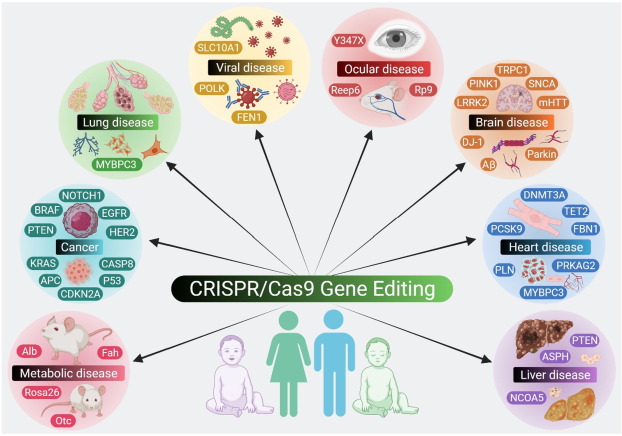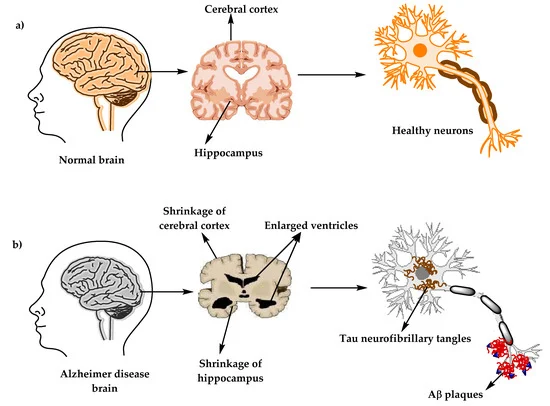New Gene Mutation Discovery Could Slow Alzheimer’s Progression

- Update Time : Friday, June 21, 2024

In 2019, scientists discovered a Colombian woman with a rare gene mutation that delayed early-onset Alzheimer’s disease by three decades. This mutation, found in the APOE gene and known as the Christchurch variant, sparked hope for new treatments.

A Familial Link to Delayed Cognitive Decline
A new study published in the New England Journal of Medicine reveals that 27 members of the same Colombian family carry the Alzheimer’s risk gene and one copy of the Christchurch variant. This group experienced a delay in cognitive decline by about five years, suggesting potential for drug development.

The Role of the Christchurch Gene
Dr. Joseph F. Arboleda-Velasquez of Mass Eye and Ear emphasized the importance of this finding. The variation among the family members’ living conditions strengthens the validity of the results. This supports the hypothesis that the Christchurch variant could be key to delaying Alzheimer’s onset.

Implications for Future Treatments
Researchers now aim to develop therapies that mimic the Christchurch gene’s protective effects. This discovery is seen as a significant step towards new Alzheimer’s treatments, shifting focus from traditional amyloid plaque-targeting drugs to those imitating this rare genetic variant.
Expert Insights
Yadong Huang from Gladstone Institutes and John Hardy from the UK Dementia Research Institute highlight the potential of this discovery. Early tests in mice have shown promising results, paving the way for future clinical trials.









Leave a Reply